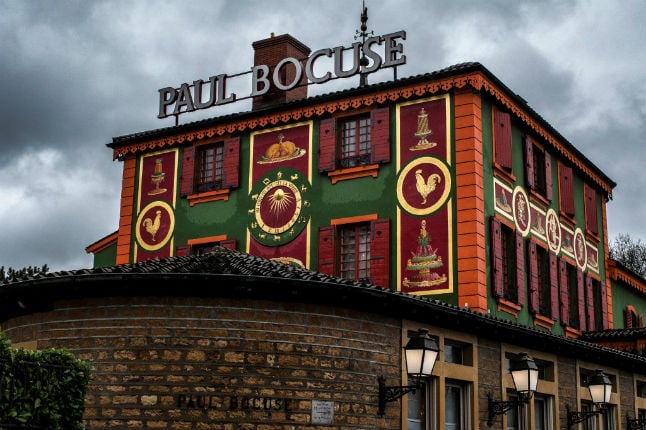Christer Bäckström picks up a soft, rolled thin-bread whose contents emit a nauseating, putrid odour. “Ahhh, delicious!,” he exclaims as he takes a bite of fermented herring, a Swedish delicacy known for its stench.
Every year on the third Thursday in August, Swedes gather with friends and family to celebrate the start of the season for fermented Baltic herring, or surströmming as it is called in Swedish.
The dish is known for its pungent odour – some compare it to the smell of a wet dog, others pinch their nose at the mere thought of it – and is a northern Swedish speciality that people either love or hate.
The tradition dates back several centuries when fish could only be caught during a few short months because of the ice-covered northern waters, and fermenting it was a smart and economical preservation method to enable Swedes to eat fish year round.
Nowadays, the waters rarely freeze and modern technology means herring can be fished all year, but the tradition lives on and is so popular that a special Academy and even a museum have been dedicated to the dish.
The fermentation procedure is the following: the herring is caught in late spring, then placed in a salt mixture in wooden barrels for several days. It is then moved into the sun, which shines almost around the clock in the north in summer, for a few months to ferment. After that it is shipped to stores in small tins.
It’s only sold in shops as of the third Thursday in August, in order to allow for the proper fermentation period. Apartment dwellers are advised to open the tins outdoors to avoid a lasting stench in their building.
In Stockholm, the time-honoured restaurant Tennstopet carries on the tradition of a “season opener”, or surströmming première, for herring lovers and homesick northern Swedes.
It’s 4.30 pm. Down the street from the restaurant, the rancid smell is already noticeable.
Inside, Tennstopet’s chefs are bustling around the kitchen in preparation for the onslaught of guests – 600 people are expected tonight.
Dozens of tins of surströmming are in the sink, swimming in cold water. At least 250 tins will be devoured this evening.
For the waiters, there’s no need to discuss the evening’s menu. “Fermented herring for everyone,” says head chef Mattias Qvarfordt, a northerner whose mouth waters at the mention of the dish.
As the waiters carry the tins of herring to the tables, diners’ eyes light up.
The herring fillets are served with boiled new potatoes, freshly chopped onions and sour cream, all wrapped up in a wafer thin soft bread and washed down with generous amounts of aquavit or beer, though purists insists milk is the way to go.
“It brings out the taste of the herring,” says Anders Bäckström, in his 40s, devouring the delicacy with his two brothers.
The taste, like the smell, is, well, surprising. Salty.
“You get used to it. In the beginning it’s like coffee or wine, you don’t really like it. But then you try it a second time to be like the adults and gradually you end up really liking it,” Anders says, adding that he booked his table at the restaurant a year ago “just to make sure.”
At a nearby table, another patron says he vomited the first time he ate surströmming.
“But I don’t know if it was because of the alcohol or the taste of the fish,” he jokes.
Irene Lövgren, a 50-something woman who has come with two girlfriends, says whether you like herring or not, the surströmming première “is above all an excuse to have a party.”
Her friend Anna Mellin is trying the speciality for the first time.
“It’s not that bad,” she insists, swallowing her mouthful with three big gulps of beer.
Back in the kitchen, empty tins pile up as waiters carry out new fully-laden trays. The second sitting is soon finished.
Christer Bäckström gets a worried look on his face.
“The hardest part is going back home. Because of the smell my wife always makes me sleep on the sofa.”


 Please whitelist us to continue reading.
Please whitelist us to continue reading.